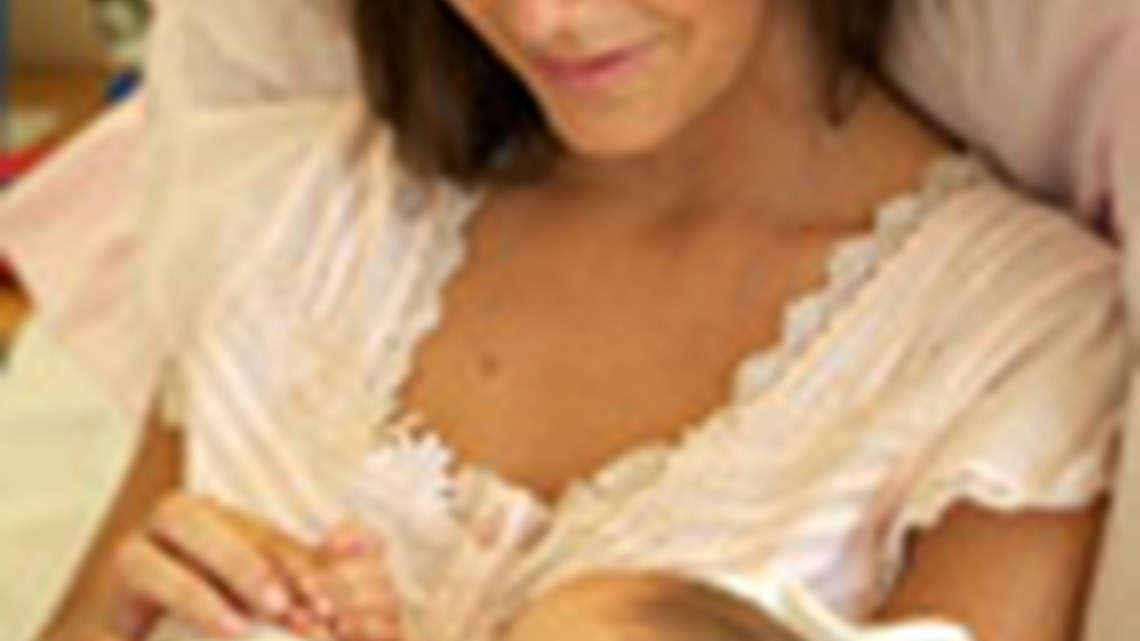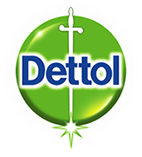
Here’s what you need to know to keep your new baby safe and healthy.elines for advice, but you may also consider the following good hygiene practices.
Your Hospital Stay
The most important way to keep yourself and your baby healthy is for you, staff and visitors to wash their hands or use a hand sanitiser before coming into contact with you and the baby. Also:
- ensure you and your clothes are clean before coming into hospital
- bring only the essential possessions you will need for you and your baby and use disposable items (e.g. toiletries) where possible
- mention to staff any illness you, or someone you have come into contact with, have recently had
- when returning home, make sure that you wash clothes at a high temperature (at least 60ºC), or with a laundry disinfectant at 40ºC. For your baby’s clothes, don't use washing powders with enzymes (bio powders) or fabric conditioner, as they may irritate your baby's skin. Always rinse clothes thoroughly.
Your Home Birth
It is important to ensure your home is clean – not just visibly clean, but hygienically clean too, which means disinfecting as well as removing surface dirt.
- Ensure that you, your partner and the midwife regularly and thoroughly wash hands or use a hand sanitiser, particularly before eating or touching the baby, and after using the toilet.
- Ensure you and your clothes are clean.
- Ensure that surfaces you and the baby may come into contact with are cleaned and disinfected.
Protecting Your Baby From Germs
There are simple ways that you can help protect your baby from germs – you just need to make these routines a standard part of your day:
- Make sure that you and any visitors wash your hands or use a hand sanitiser before you touch your baby and after feeding or changing their nappy.
- Safely clean and disinfect the nursery.
- Ensure any visitors are free from colds and other infections before they come into contact with the baby.
- Ensure that any pets are gradually and safely introduced to the new baby.
- Correctly sterilise bottles and other utensils and do not cross-contaminate when using jars of pre-prepared food.
- Store cleaning products in a locked closet or cabinet, away from food, and not accessible to young children. Never remove product labels.
- Ensure that your baby is vaccinated appropriately, so that they are protected from infectious diseases like tetanus, diphtheria, whooping cough and polio.
- Keep your baby’s umbilical cord area clean and dry, and allow air to get to it. Make sure that baby’s nappy is below the navel to keep it from getting soiled; if it does get dirty, wash the area with fresh cotton wool and water and dry gently with a clean towel. Avoid touching the cord but if you do, wash your hands thoroughly before and afterwards.
- Take special care to protect your family against germs when changing your baby’s nappy, by using a clean changing mat, and sealing disposable nappies in a plastic sack.
- Clean your baby’s skin with cotton wool dipped in plain water – avoid using a wash cloth which can irritate the skin. Pat your baby dry rather than rubbing.
General Well-Being and Safety During The First Year
An infant grows and develops so quickly during their first year, it is important to ensure they are kept safe and healthy.
- Handwashing: anyone who touches your baby must wash hands thoroughly first, including young children who play with them.
- Germ protection on surfaces: disinfect those areas where there can be germs, such as changing mats. Always rinse surfaces that baby will come in contact with.
